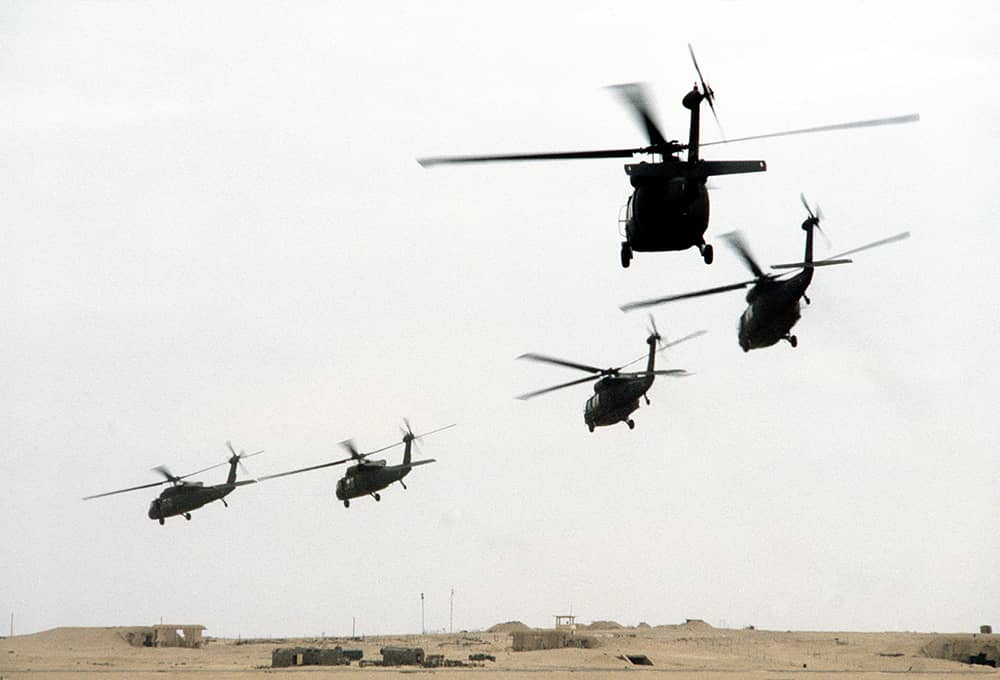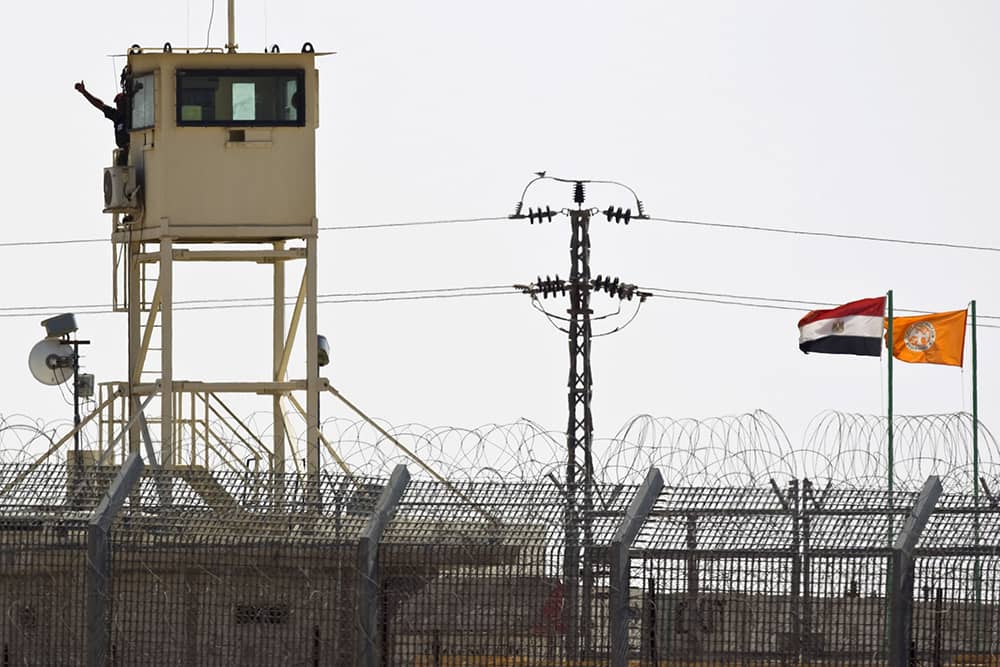A multinational military and civilian observer force in the Sinai has supported regional stability for 40 years. This little known but critically important force deserves a close look as a successful example of US engagement in the Middle East.
Created in 1981 by a Protocol to the Treaty of Peace between Israel and Egypt, witnessed and supported by the US, the Multinational Force and Observers (MFO) has a clear, focused—and successful—mission: to supervise the implementation of the security provisions of the 1979 Treaty of Peace between Israel and Egypt and to use its best efforts to prevent any violations of its terms.
The MFO fills the role that the treaty envisioned would have been played by a UN force. When the Soviet Union threatened to veto the Security Council resolution intended to create this peacekeeping force, the parties of the treaty, with the support of the US, decided to create the force and observers outside the UN framework. The result has been an agile, adaptable, and flexible international organization that has successfully overseen implementation of the Security Annex to the treaty for 40 years. Today, the MFO continues to play a vital role in sustaining and ensuring the peace between Israel and Egypt—a peace that remains the cornerstone of regional security and stability, including the currently expanding vision of peace launched by the Abraham Accords.
The MFO currently enjoys the support of 19 countries, 13 of which contribute troops and another six that provide funds to supplement the basic budget funded equally by Israel, Egypt, and the United States. The current force level stands at approximately 1,150 troops. Of those, approximately 450 come from the United States, which also, along with the Czech Republic, provides invaluable aviation support for the force’s operations.

Photo credit: MSGT Don Sutherland/Latin America News Agency via Reuters Connect
Several features distinguish the role of the MFO from that of traditional peacekeeping missions. Operating only within the sovereign territory of the two parties to the treaty, the MFO wisely benefits from a liaison system that cooperates closely with both treaty parties to build trust and mutual confidence. As an independent “third party,” the MFO’s observations are reported only to both parties, which respect their accuracy and impartiality, providing a basis for them to resolve issues that arise under the treaty.
The Treaty of Peace establishes four security zones: three in Egypt’s Sinai peninsula and one in Israel along the international border, with specific limitations on military installations, equipment, and personnel in each of those zones. Under the Protocol and other agreed arrangements between the parties, the MFO’s Civilian Observer Unit verifies military deployments in the zones on a regular and ongoing basis and reports its findings confidentially to the treaty parties. The MFO with its legal team also identifies any violations of the terms of the treaty and other agreed arrangements and reports them to the treaty parties. The MFO’s independence ensures that its assessments are impartial and authoritative, and therefore trusted and relied upon by the two countries.
During its years of operation, the MFO has faithfully served Egypt and Israel in managing their security relationship according to the terms of the Treaty of Peace and other agreed arrangements. This has been possible largely because the MFO’s neutrality and objectivity have never been in doubt. In responding to the needs of the parties, this has included taking on additional responsibilities, adjusting the mission as necessary to ensure its continuing effectiveness, and providing timely, detailed, and comprehensive reporting on its findings.
Whereas the treaty set strict limitations on military personnel, equipment, and infrastructure located in the four treaty zones, it also provided for the possibility of exceptions mutually agreed by the parties. Since 2005, the MFO has assumed the additional responsibility of monitoring the deployment of Egyptian Border Guard Forces along the Egyptian side of the border opposite Gaza as agreed by the parties. These additional Egyptian forces play a critical role in helping secure the border as well as in combatting terrorism in their area of operations.
In addition to its monitoring and treaty verification role, the MFO maintains a liaison system that is a vehicle for advancing dialogue between the two treaty parties, resolving problems and providing a physical platform for meetings and other interactions. In recent years, the liaison system has taken on an increasingly prominent role at the request of the two countries, facilitating dialogue and mutually beneficial cooperation across the border.
Amidst the ongoing debate about the prospects of peace in the region, it is useful to be reminded that a multinational presence with broad US political and operational support can and does play an important role in sustaining the cornerstone of regional stability—the Egyptian–Israeli Peace Treaty of 1979—which has now held for nearly two generations.

